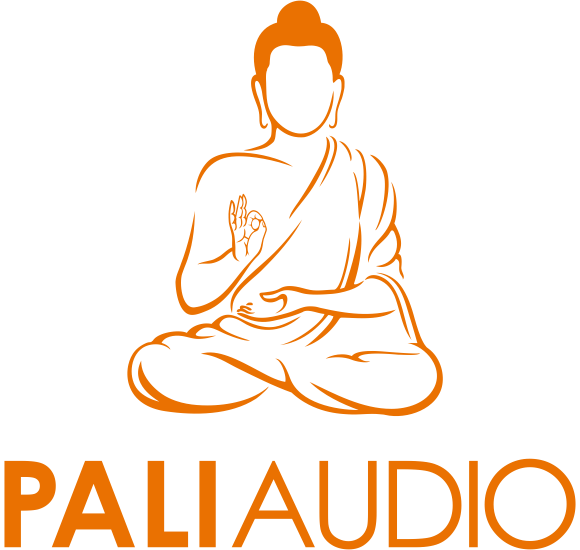The brahmins of sālā
sāleyyaka-sutta
Majjhima Nikāya 41 of 152
Translated by: Bhikkhu Bodhi
Read by: Roland Kitchen
Description (Nyanamoli Bhikkhu ©)
“Some intelligent people, these brahmins, they asked a question about the causality of rebirth - why is one reborn in the states of deprivation (the hells, animal and ghosts) while others make it to the heaven worlds ?
The Buddha then analyses what kind of kamma will take one to a low rebirth. You see any of your actions here ? Then you know what to do about it, for if one makes any of these ten courses of unprofitable (or unwholesome) kamma strong in oneself, a result can be expected at least “on the dissolution of the body, after death” if not in this very life.
The ten courses of proftitable kamma follow. They should be strengthened in oneself, repeated frequently so that they become habitual. If one recognizes any of one’s own actions among them , then just guard against the conceit: “I am good”.
The last part of the Sutta deals with the aspirations which one may have for rebirth at the time of death. Of course, one’s previously made kamma must be such that it will support such aspirations. A miser might aspire to riches but his kamma will give him poverty. If a person has kept the Uposatha and generally all the precepts and been generous and truthful as well, this is the passport to heavenly birth (from the gods of the Four Kings up to the gods that Weild Power over others’ Creations). Beyond this, it is necessary also to be proficient in jhāna when one will gain rebirth among the Brahmās (from the Divinity’s Retinue to the very Fruitful gods), according to proficiency in this. For the next five Brahmā-planes, the state of Non-returning is required while for the last four one must have gained the formless attainments. Finally one may aspire to no rebirth: to Arahantship, but of course the aspiration alone is not sufficient - practice and sufficient insight-wisdom are needed.”
